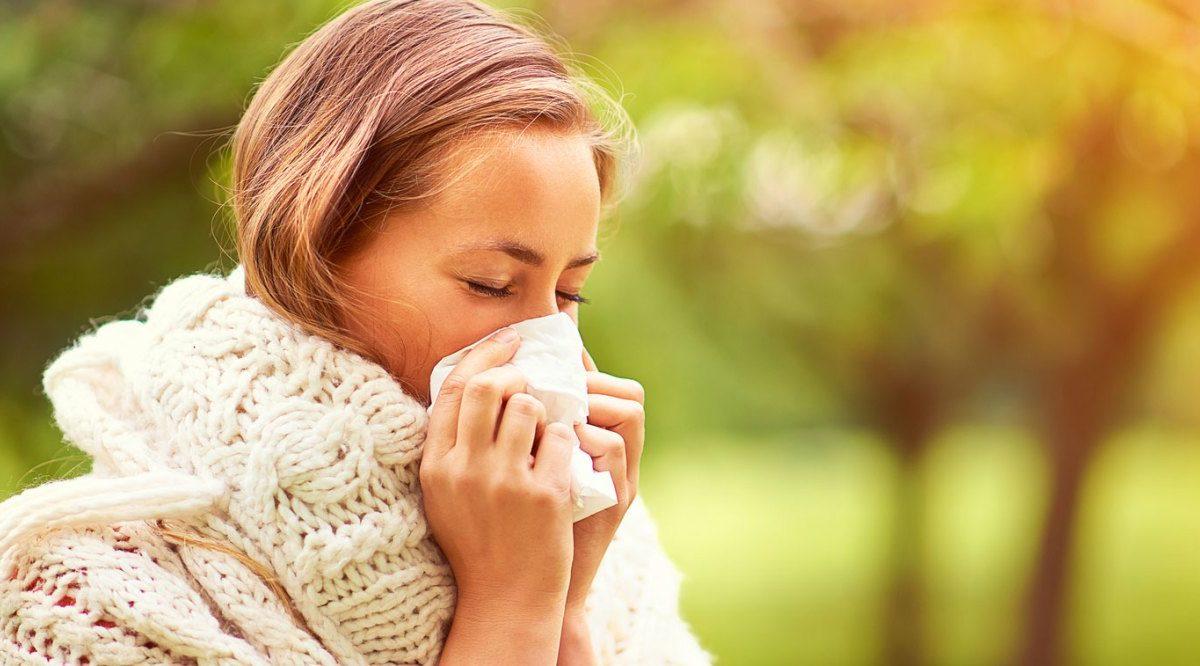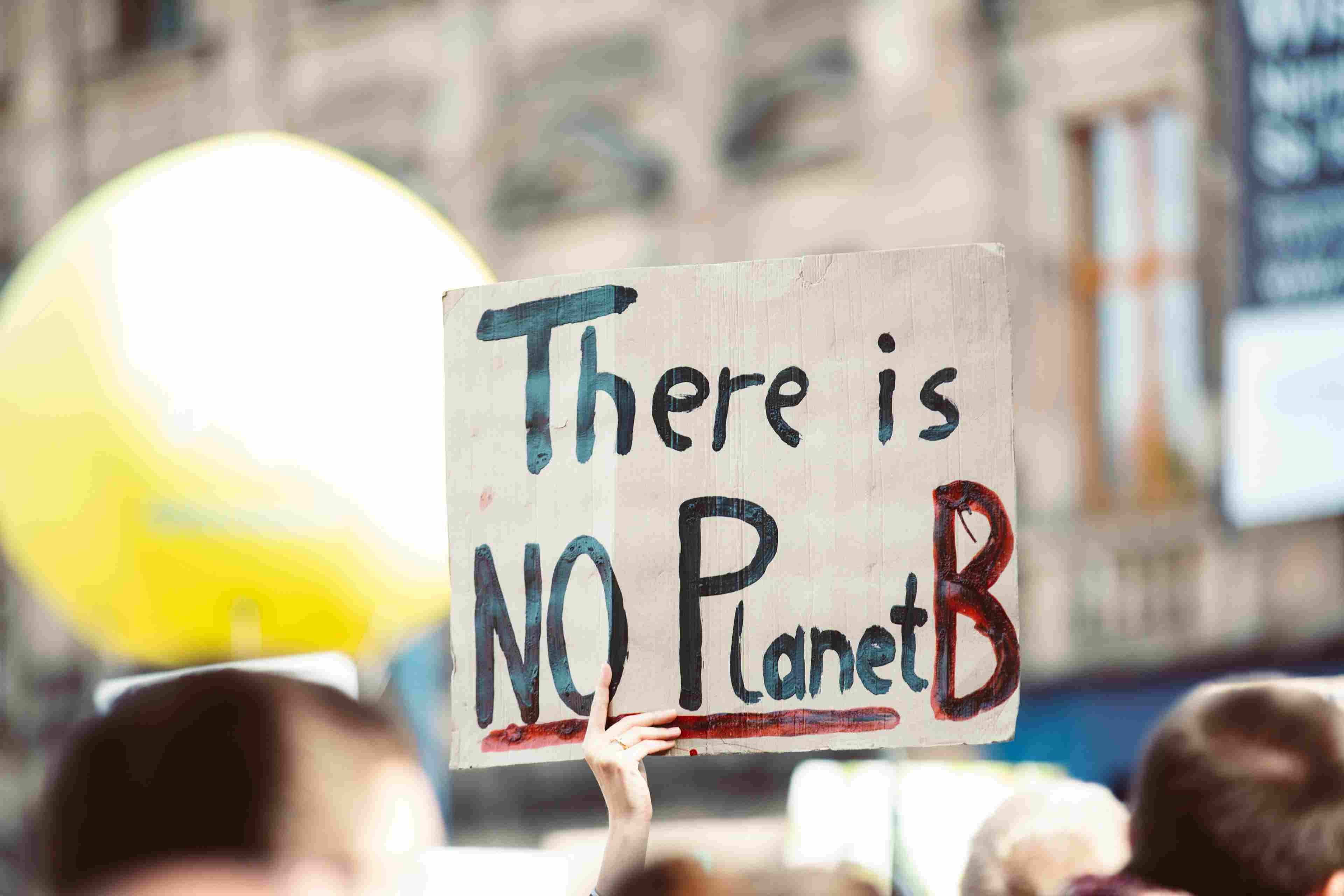
WORLD (Enmaeya News) - November 10, 2025
Allergies affect millions worldwide, ranging from minor irritations to life-threatening emergencies. Experts stress that understanding their triggers, mechanisms, and management strategies is essential, particularly in regions where environmental changes, urban pollution, and lifestyle shifts are altering exposure patterns.
An allergy occurs when the immune system mistakenly identifies a normally harmless substance as a threat, triggering a reaction. Central to this process is immunoglobulin E (IgE), an antibody that prompts the body’s response to allergens.
Allergies manifest in diverse ways, from seasonal pollen reactions and food sensitivities to skin irritations and insect-sting emergencies.
Common food allergens include nuts, shellfish, cow’s milk, and sesame. Inhaled allergens such as seasonal pollen, dust mites, mold, and pet dander also trigger reactions.
At the same time, contact with substances like latex, metals, insect bites, and certain plants can cause skin allergies.
While there is no guaranteed method to prevent allergies, health authorities recommend reducing exposure to known triggers, following individualized management plans, and using environmental controls such as HEPA filters, regular cleaning, and avoiding high-pollen or high-pollution areas.
In Lebanon and across the MENA region, rising urban dust, sandstorms, increasing pollen levels due to climate change, and changing lifestyles are heightening allergy risks.
Experts note that modern housing practices, air-conditioning use, and longer indoor hours may further influence exposure patterns, potentially increasing the prevalence and severity of allergic conditions in these populations.
Public health officials emphasize that awareness, early recognition, and proactive management are critical to reducing complications, improving quality of life, and preventing severe allergic reactions.






